Is Montana state’s gun laws something that has got you on your toes?
Laws are almost always tricky to navigate, and being foreign to a place can really mess things up. But there’s no need to panic because I’m here to give you all the help that you will need.
As someone who has researched and studied the topic extensively, I understand the pain points and confusion that come with understanding a state’s regulations.
I’ll walk you through everything you need to know about Montana’s gun laws, from carrying firearms in public to obtaining permits and undergoing background checks.
- Related article: Essential Montana Regulations
Whether you’re a resident or a visitor, this information is essential for your safety and legal compliance. So let’s dive in and clear up any misconceptions about gun laws in Montana.
Montana Gun Laws Overview
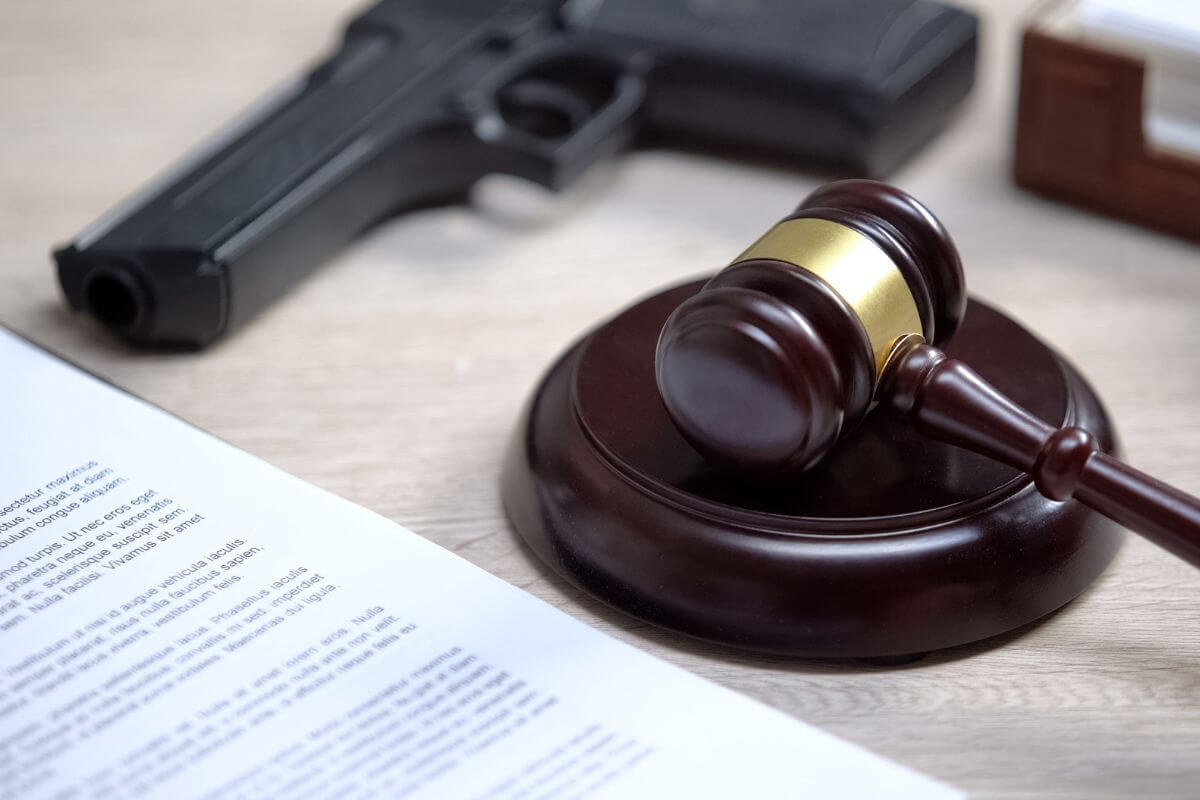
Montana has some of the most permissive gun control laws in the whole of the United States. The federal government has some restrictions in place, but gun control legislation is primarily a state’s responsibility.
As visitors to Montana, it’s important to familiarize oneself with these laws while still enjoying the state’s natural beauty and unique culture.
Montana Gun Laws That You Must Know
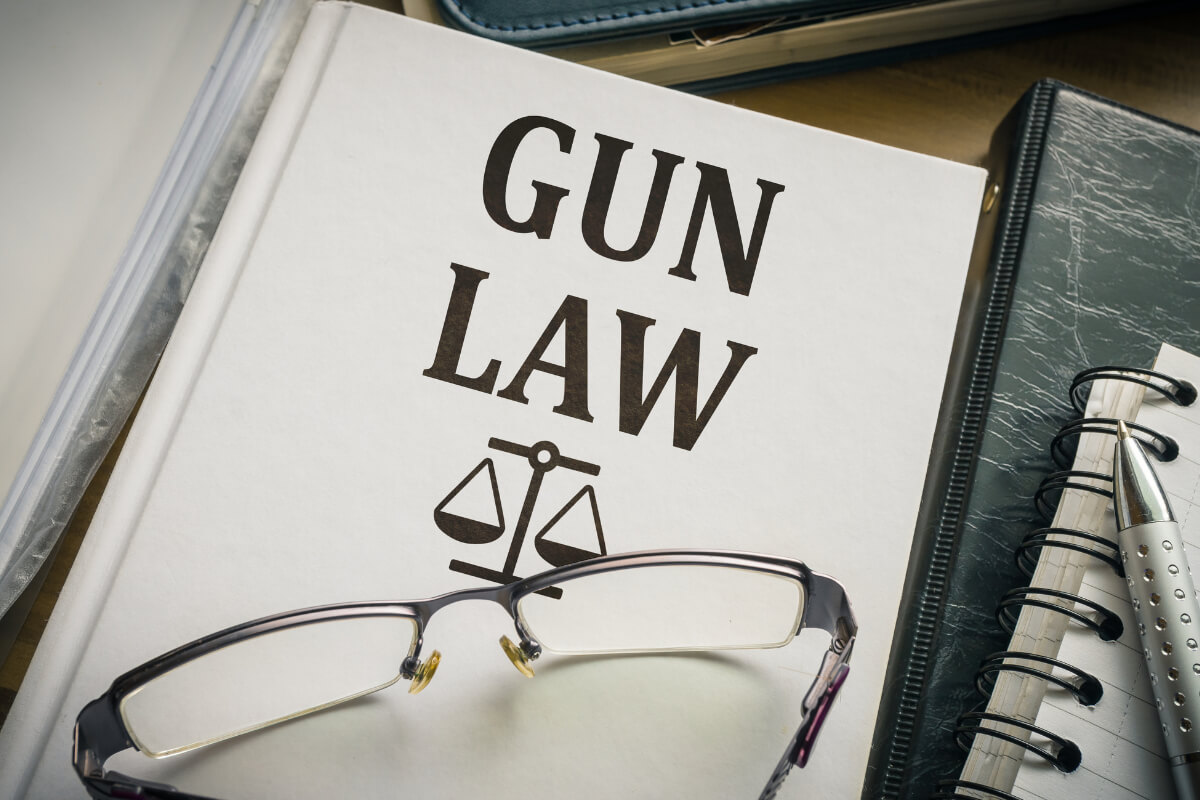
How Montana’s gun laws fit into the broader debates around gun control in the United States is quite intriguing.
While the state’s legislations are quite unique, there are still regulations in place that Montanans have to abide by. Let’s tackle them.
1. Background Check and Purchase Permit
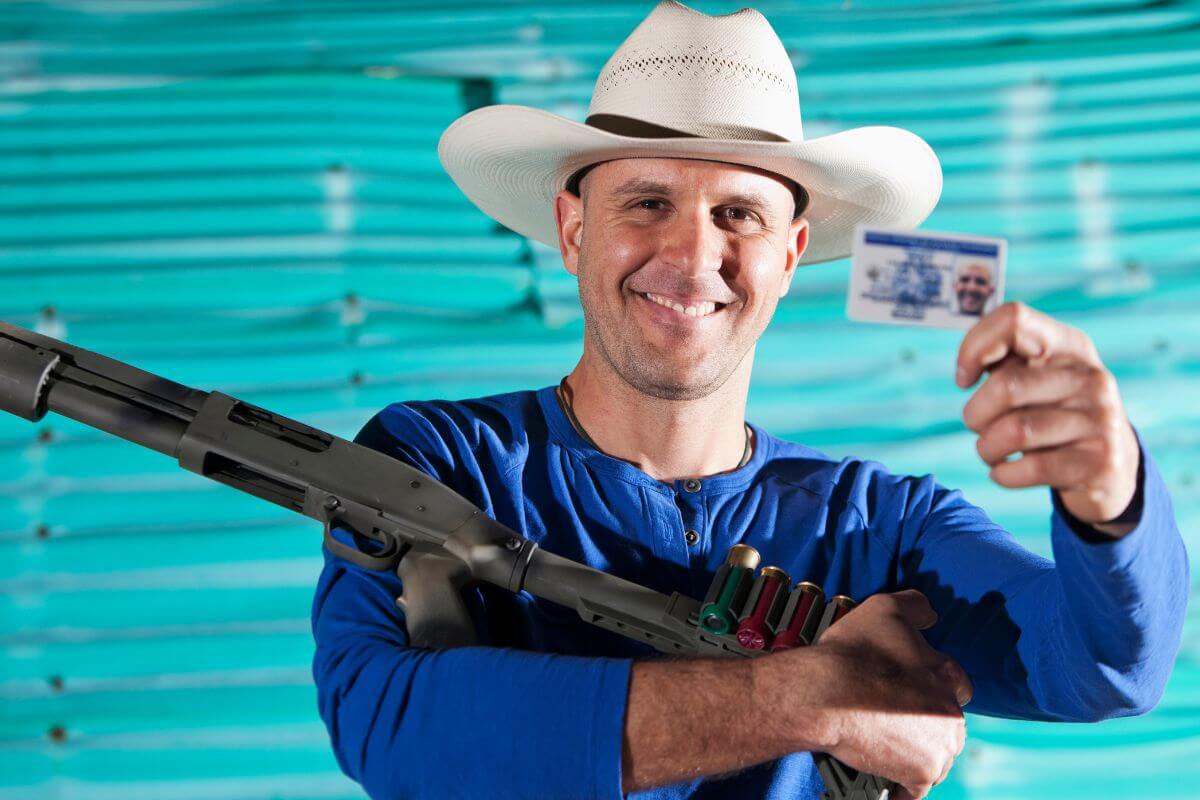
The state does not require background checks or a purchase permit before buying a firearm.
This means that private sellers can sell guns without any restrictions. There is also no waiting period required for purchasing guns in Montana.
Montana does not have grounds to legally prohibit anyone from purchasing a gun, even if they have a criminal history or are mentally disabled.
2. Concealed Carry Permit
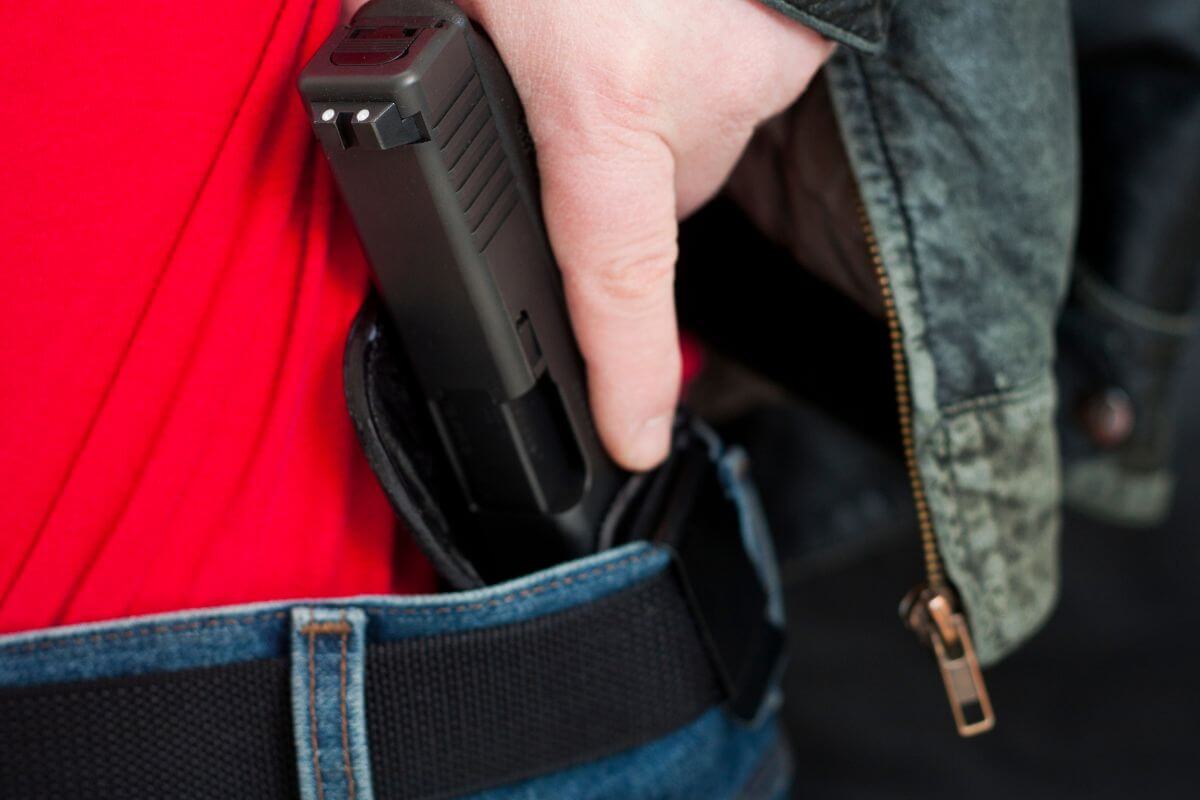
As a shall-issue, permit-less carry state, Montana has a unique approach to concealed firearms.
First, let us define what a “concealed carry” is. To conceal a weapon means to carry or bear it wholly or partially covered by clothing or wearing apparel.
In Montana, the issuance of a concealed carry permit is handled by the county sheriff’s office.
“Shall-issue” means that the sheriff cannot deny the issuance of the permit to anyone deemed eligible to possess a firearm under state or federal law.
A concealed carry permit can be requested by any applicant who:
- Is a U.S. citizen or as of 2017, a lawful permanent resident
- 18 years of age or older
- Has a valid Montana driver’s license or other form of picture identification issued by the state
- A resident of Montana for at least six months
On the other hand, a concealed carry permit can also be denied to an applicant for a number of reasons:
- Is ineligible under Montana or federal law to possess or receive a firearm;
- Has been charged with and is awaiting judgment in any state or federal court, for a crime punishable by one or more years of incarceration;
- Has been convicted in any state or federal court of a crime punishable by more than one year of incarceration;
- Has been convicted of carrying a concealed weapon while under the influence of an intoxicating substance, or carrying a concealed weapon in a prohibited place, within the last five years and has not been pardoned;
- Is the subject of an arrest warrant issued in any state or by the federal government;
- Has been adjudicated in any state or federal court to be an unlawful user of an intoxicating substance and is under a court order of incarceration, probation, suspended or deferred sentence, treatment, education, or other condition of release or state supervision;
- Has been adjudicated in any state or federal court to be mentally ill, “defective,” or disabled, and remains subject to a disposition order;
- Has been dishonorably discharged from the United States armed forces; or
- Has been convicted in any state or federal court of a crime that includes as an element an act, attempted act, or threat of intentional homicide, serious bodily injury, unlawful restraint, sexual abuse, and non-consensual sexual intercourse or contact
- The applicant’s mental state poses a threat to the peace and good order of the community.
The sheriff must issue the concealed carry permit within 60 days of receiving a valid application.
3. Firearm Safety Training
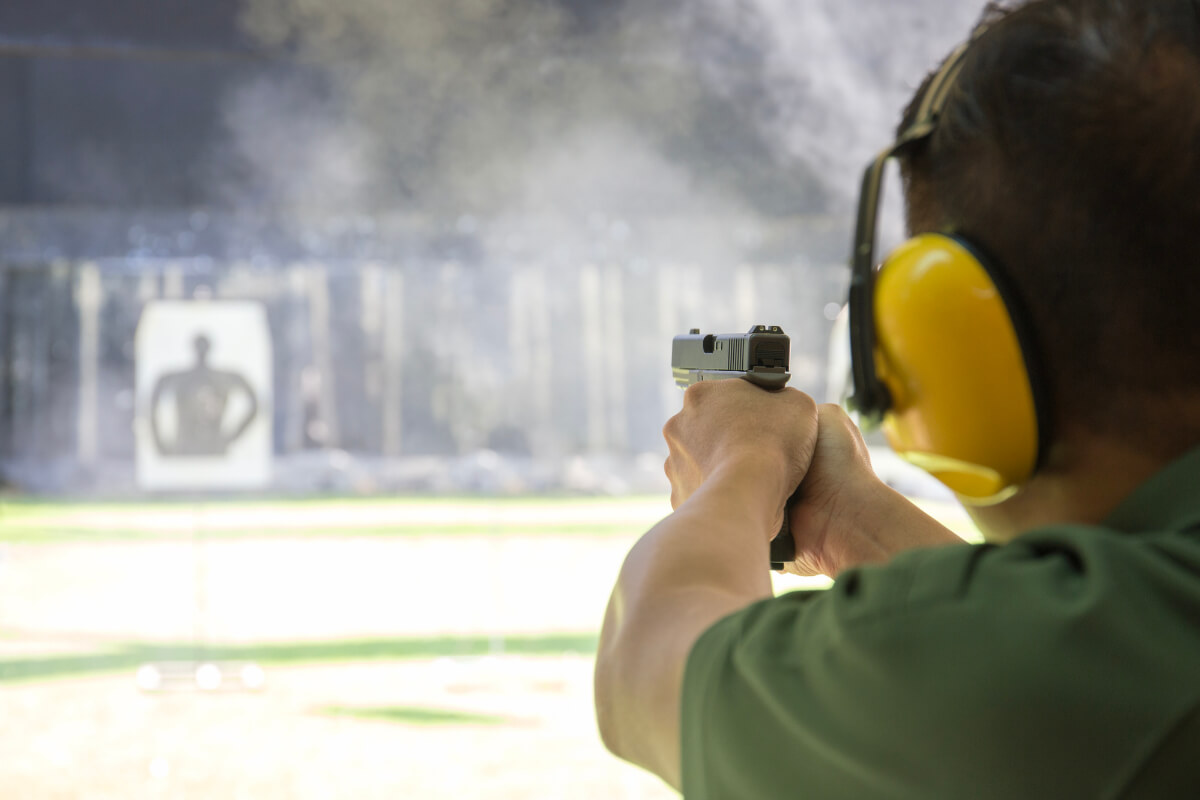
When applying for a concealed weapon permit in Montana, firearm safety training is not mandatory. However, every applicant must demonstrate familiarity with a firearm to be considered.
This can be achieved through completion of any of the following:
- Completion of a hunter education or safety course approved or conducted by the department of fish, wildlife, and parks or a similar agency of another state;
- Completion of a firearms safety or training course approved or conducted by the department of fish, wildlife, and parks, a similar agency of another state, a national firearms association, a law enforcement agency, an institution of higher education, or an organization that uses instructors certified by a national firearms association;
- Completion of a law enforcement firearms safety or training course offered to or required of public or private law enforcement personnel and conducted or approved by a law enforcement agency;
- Possession of a license from another state to carry a firearm, concealed or otherwise, granted by that state upon completion of a course described above;
- Evidence that the applicant, during military service, was found to be qualified to operate firearms, including handguns; or
- Passage of a physical test in which the applicant demonstrates his or her familiarity with a firearm.
Though it is not required, firearm safety training is a smart way to ensure the responsible use of firearms and can increase an applicant’s chances of approval for a concealed weapons permit.
4. Extreme Risk Law
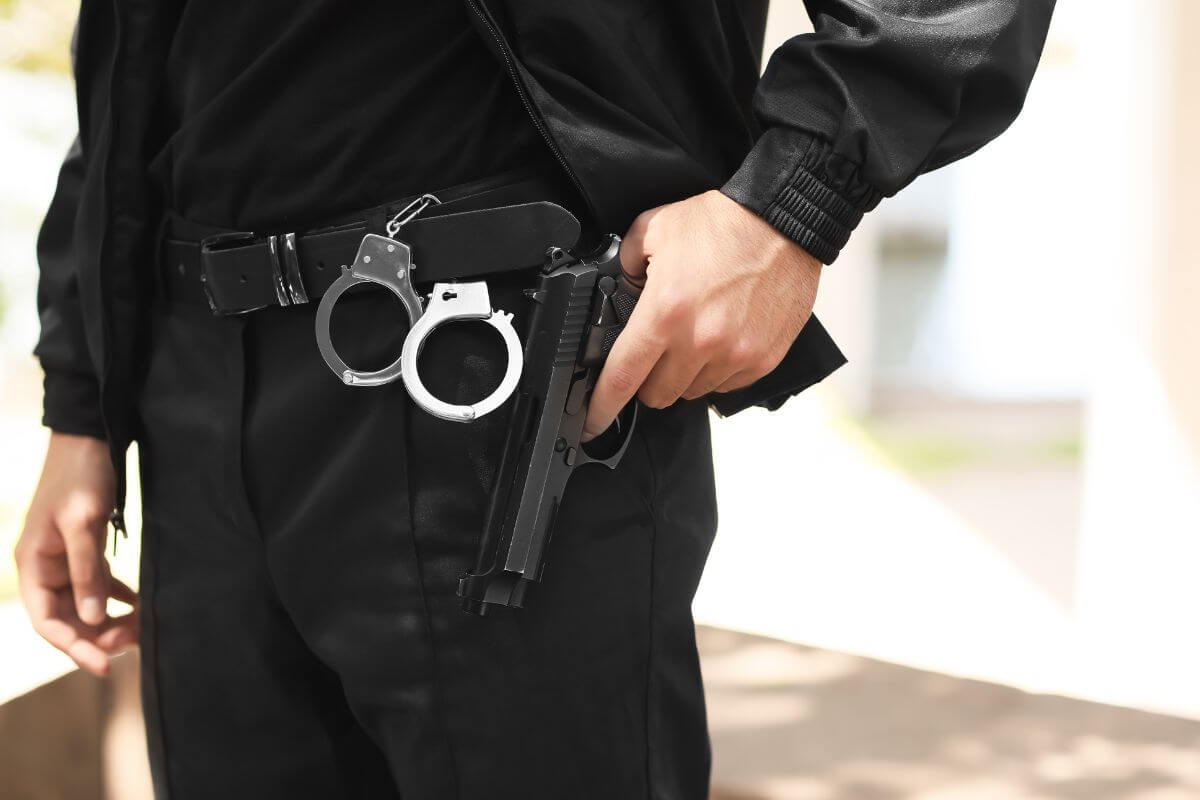
Montana does not currently have an Extreme Risk Law in place.
Extreme risk laws empower law enforcement and family members to petition for a court order to temporarily remove firearms from individuals who may pose a serious risk to themselves or others.
Extreme Risk Laws have been proven effective in preventing firearm-related deaths and injuries in other states, yet Montana has yet to implement them.
These laws provide a crucial tool for law enforcement as well as concerned loved ones to ensure the safety of everyone involved. Without this legal framework, the process of temporarily removing firearms can become much more difficult.
5. Shoot First Law
Self-defense laws in the U.S. traditionally have been clear that taking human life is not necessary and therefore not justified if lethal violence can be avoided simply by retreating or stepping away.
Shoot First laws, also called Stand Your Ground laws, allow people to shoot and kill in public even if they can safely walk away from the situation. Such is the case with Montana.
In Montana, a person who is lawfully in a place or location and who is threatened with bodily injury or loss of life has no duty to retreat from a threat or summon law enforcement assistance prior to using force.
6. Assault Weapons
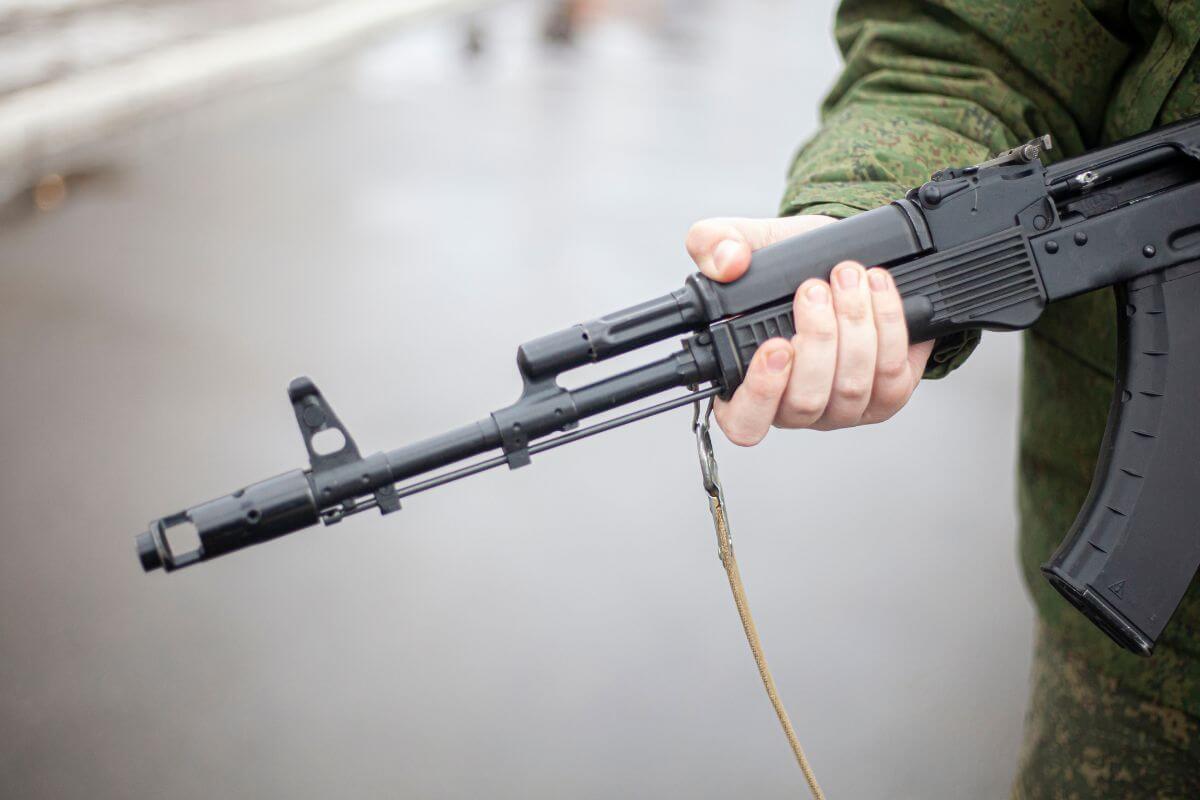
The are currently no Montana laws prohibiting the purchase or possession of assault weapons. These weapons are the high-powered semi-automatic firearms that are capable of inflicting greater damage than typical handguns.
7. Child Access Prevention and Safe Storage
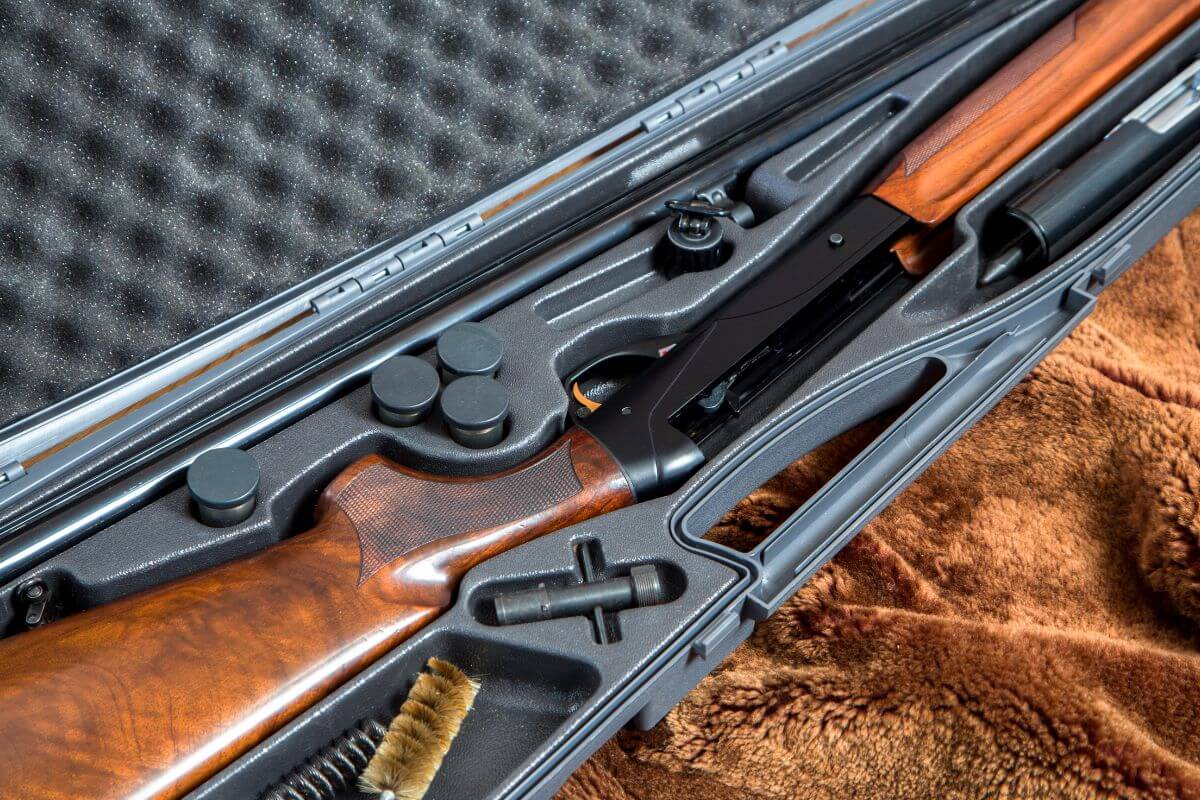
The state doesn’t have any specific laws in this regard, which could potentially endanger its citizens.
Montana has no law that imposes a penalty on someone who fails to secure an unattended firearm and leaves it accessible to an unsupervised minor.
However, Montana does prohibit a parent, guardian, or other person having charge or custody of a minor child under the age of 14 from allowing the child to carry or use any firearms in public.
As for storage, Montana has no law that requires unattended firearms to be stored in a certain way.
The state also does not require a locking device to accompany the sale of a firearm, and no state statutes require firearm owners to affirmatively lock their weapons.
8. Regulation of Ghost Guns and Crime Gun Tracing
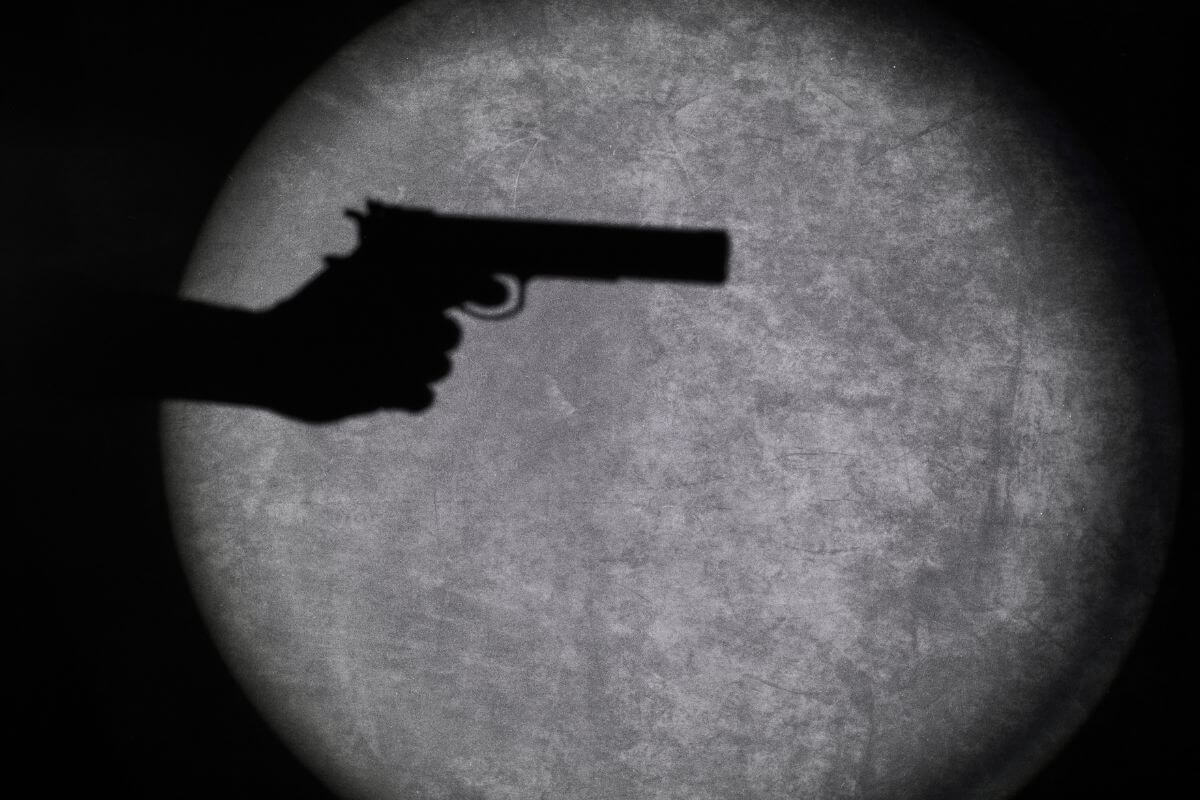
Ghost guns are homemade firearms, made of simple building blocks available online. They do not have serial numbers and are not subject to background checks, making them a popular choice for those who want to evade gun regulations.
In May 2021, the federal government proposed a rule that would require these parts to be sold with serial numbers and background checks, clarifying that they qualify as traditional firearms. However, Montana has not yet adopted this provision.
Usually, when guns are recovered at crime scenes, officials can trace them back through the chain of custody using the federal system. This is supposed to be an efficient way to prevent further crimes from being committed by the same person.
Montana also does not have a crime gun tracing system in place, further hindering law enforcement efforts.
9. Open Carry Rules for Public Places
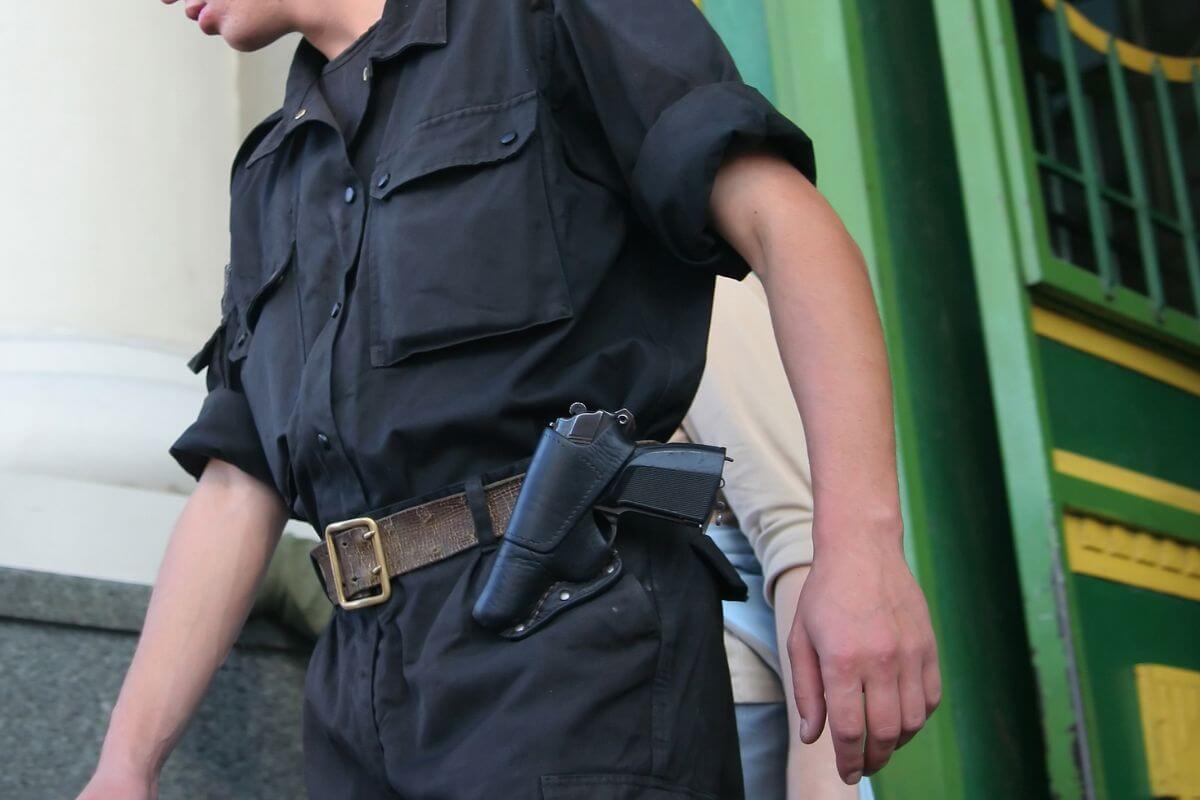
Publicly carrying firearms in Montana is permitted without a permit or license. Montana permits the open carry of firearms in public without a permit or license.
Montana law states that any person who is not otherwise prohibited from doing so by federal or state law may openly carry a weapon and may communicate to another person the fact that the person has a weapon.
Unconcealed carrying of firearms in colleges or universities as well as K-12 school buildings is prohibited especially when a person purposely and knowingly possesses, carries, or stores the weapon there.
Montana allows individuals to carry their guns into bars, but it is illegal to carry a concealed firearm under the influence of an intoxicating substance.
It is crucial to understand and follow Montana’s gun laws to ensure safety and respect for public places and their inhabitants.
10. Gun Laws on Domestic Abusers

In Montana, one area that needs attention is the gap in gun ownership prohibition for domestic abusers. Federal law already prohibits gun possession by most domestic abusers under longer-term restraining orders.
However, the law fails to cover the emergency period during which a temporary order is in place. This gap allows abusers to continue possessing guns before the hearing for a longer-term order can occur.
While some states have taken steps to close this gap, Montana has no clear law in place to prevent domestic abusers from possessing a gun immediately after an initial order is issued.
Montana Gun Laws Final Thoughts
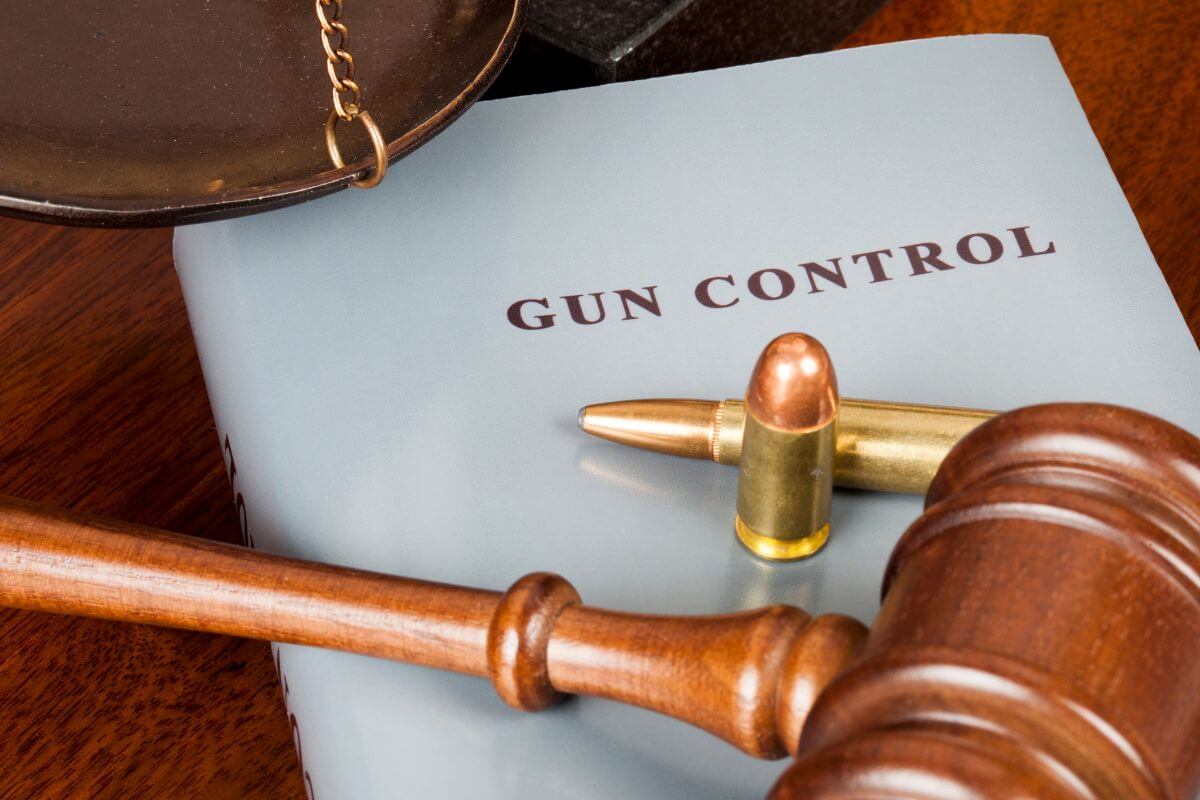
Montana has more lenient gun laws compared to other states in the country. As a result or not, Montana experiences one of the highest gun death rates as well.
The significance of Montana’s gun laws extends beyond its borders. The state’s unique provisions for firearm ownership and use can be viewed as a barometer of the nation’s gun culture, influencing the debate around gun control across the United States.
Ultimately, it is up to Montanans to decide whether their gun laws continue to reflect their values and interests as a society or whether they will choose to change for the betterment of all.
Montana Gun Laws FAQs
1. Is a Permit Required to Purchase a Firearm in Montana?
No, a permit is not required to buy a firearm in Montana. However, a permit is required for those who want to carry a concealed handgun. To obtain this permit, an individual must be 18 or older, a United States citizen and lawful permanent resident, have a valid identification, and be a resident of Montana for at least 6 months.
2. Is Montana a Constitutional Carry State?
Yes. In a constitutional carry state, anyone who is eligible to possess a firearm under state or federal law can conceal carry. There are, however, eligibility requirements that you need to meet.
3. How Strict Are Gun Laws in Montana?
Montana is quite lenient with its gun laws compared to other states. It is in this state that one can purchase and possess firearms without the need for registration, licensing, or permits.
Eager to learn more about the mystery that is Montana? Check out these other great reads:

